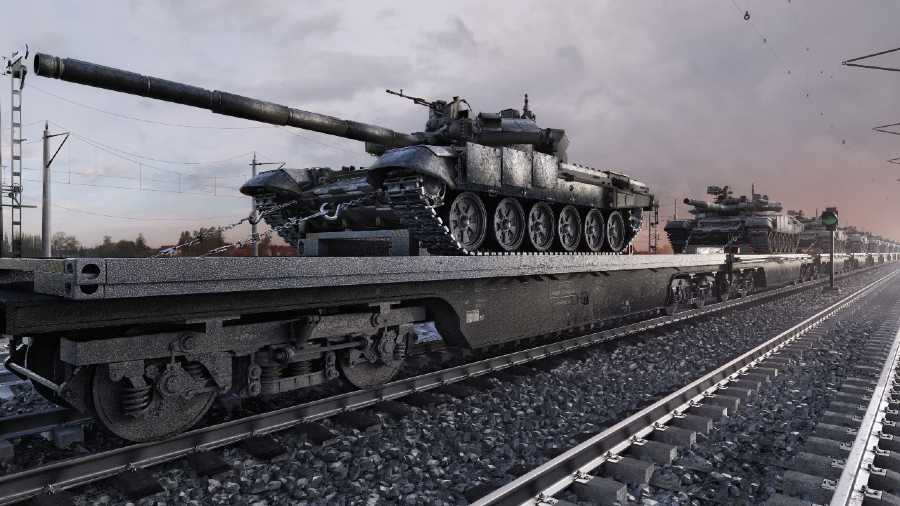After two days of intense diplomacy on both sides of the Atlantic about the Ukraine crisis, the leaders of France, Germany and Poland said their overriding goal was the preservation of peace in Europe, but warned Russia of dire consequences if it launched further incursions into Ukraine.
“We share one goal,” Olaf Scholz, the German chancellor, said on Tuesday after the leaders met in Berlin. “Preserving peace in Europe with diplomacy and clear messages and the common readiness to act jointly.”
But, he made clear, peace could not come at any price. Speaking a day after meeting President Biden in Washington, Scholz continued: “A further violation of the territorial integrity and sovereignty of Ukraine is unacceptable and would lead to far-reaching consequences for Russia, politically, economically and surely strategically, too.”
It was one of the strongest statements yet on the crisis from Scholz. Germany has faced criticism for what has been perceived as a weak response to the massive Russian troop build-up at the Ukrainian border. But the meeting with Biden appeared to have stiffened the resolve of the chancellor, who took office just two months ago.
He was flanked by Emmanuel Macron, the French President, and President Andrzej Duda of Poland, who called the situation “the most difficult since 1989”. Europe, he added, “has not seen these kinds of troop movements since World War II”.
Poland’s sensitivities to Russian aggression are particularly acute after it spent the post-war decades trapped in the totalitarian Soviet imperium, and its sentiments are widely shared in Central and Eastern Europe.
Macron began the day in Moscow after a meeting on Monday with President Putin, and he met President Zelensky of Ukraine in Kiev earlier on Tuesday.
“We want to continue the dialogue with Russia to avoid the risk of escalation and allow for de-escalation,” he said.
(New York Times News Service)











